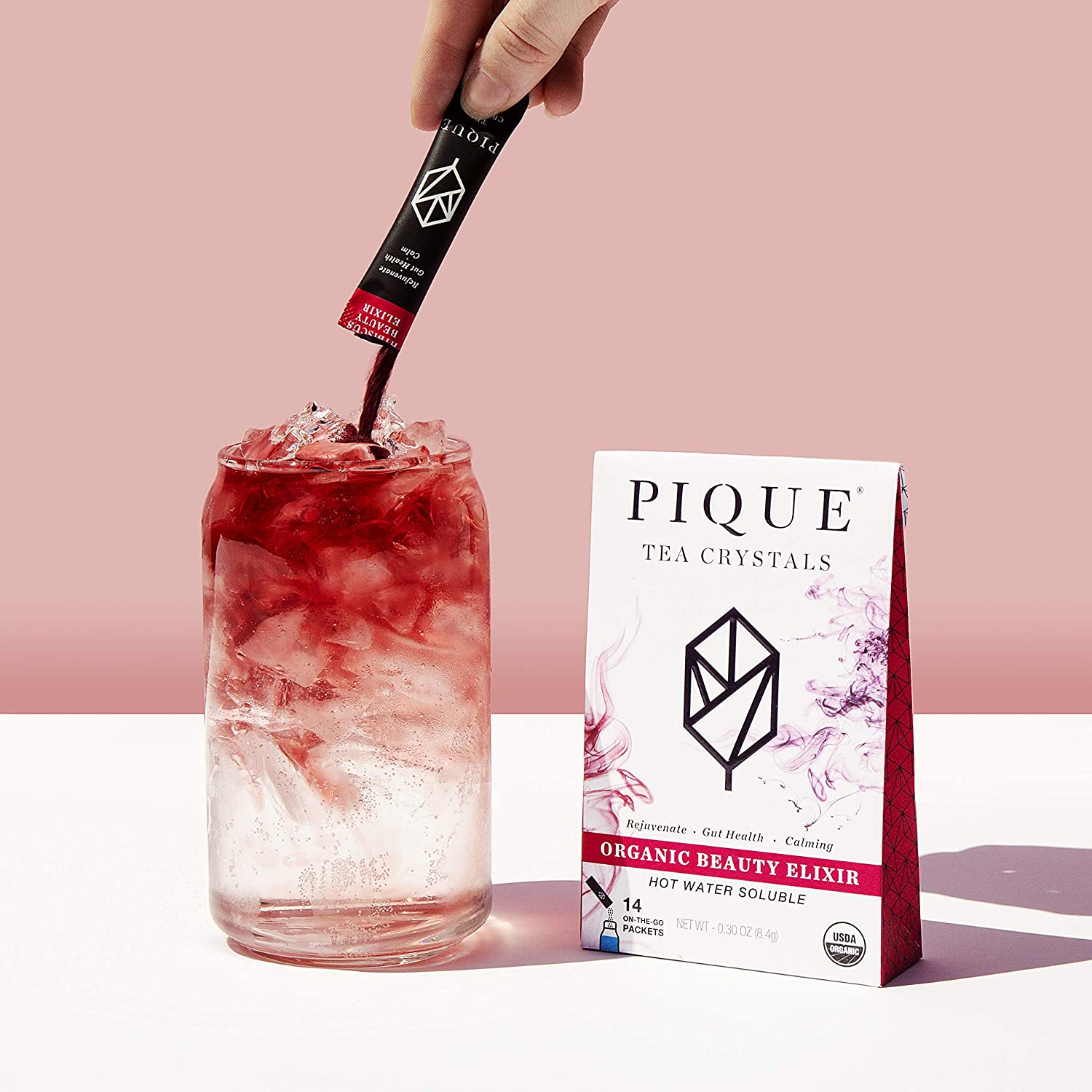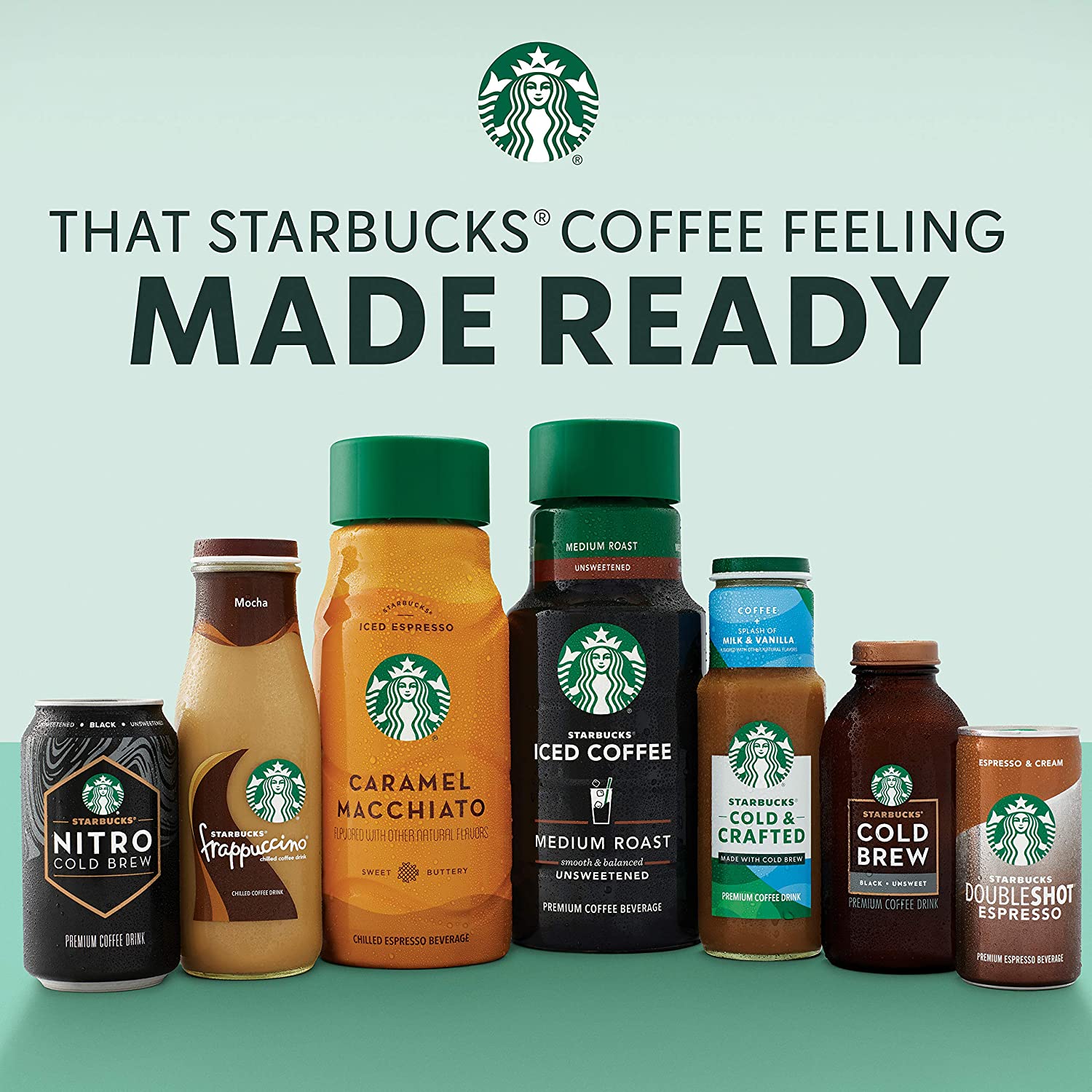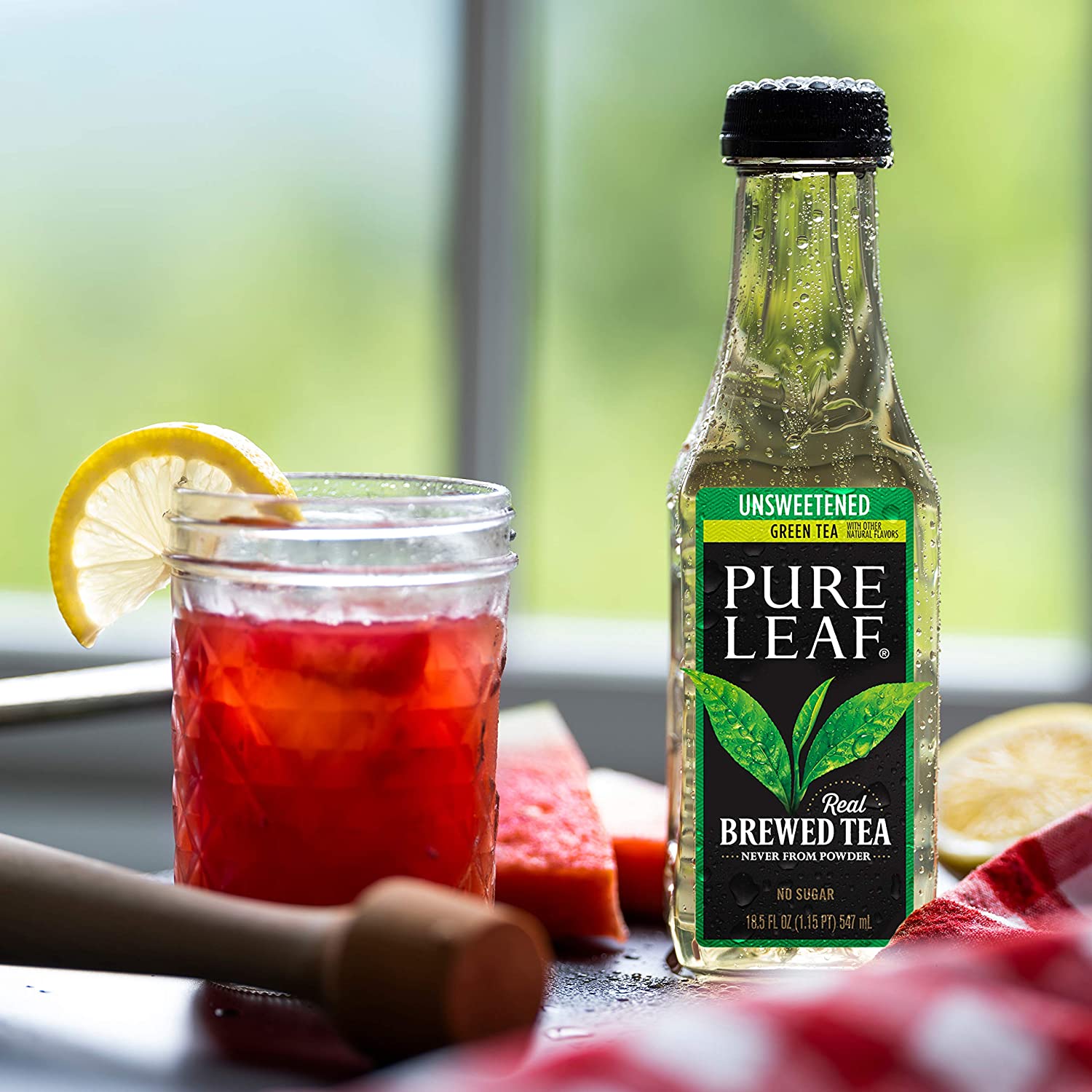With Rosh Hashana looming, coinciding as it does this year with Labor Day, let’s talk about kosher wine.
It’s important that everybody understands the kosher designation signifies nothing about a wine’s quality and everything about how the wine was made. The crushing of the grapes, bottling and corking must have been overseen by Sabbath-observant Jews and no nonkosher finings or additives may be included. Though it’s not true that kosher wines must receive a rabbi’s blessing, many do and it can’t hurt, right?
Rabbis in ancient times who set up the rules for kosher wines wanted to make sure their Jewish flocks never got a glass of wine that had been associated with an idolatrous offering. It seems pagans used wine to placate their gods, pouring it out onto the ground as a way of saying thanks for something good happening or for simply not having been smote on any given day. The rabbis then took it a step further, requiring kosher wines be boiled in order to make them unacceptable as pagan offerings.
Said “cooking” gave us the word “mevushal,” a major subset of kosher wine. The good news today is that the process can be done through flash pasteurization or flash détente, in which the grape must is quickly heated at a high temperature — up to 180 degrees for reds — then quickly cooled to limit the damage the heat might do to the nuanced flavors of the wine. It’s a process also being routinely used around the nonkosher wine world to help compensate for under-ripe grapes. One of Texas’ best wineries, Bending Branch in Comfort, was the first in the state to utilize a flash détente machine.
In the 21st century, mevushal wine is most frequently served at events where non-Jews will be doing the pouring and serving of wine. It’s strictly required, in fact, among Orthodox Jews. Manischewitz, to be sure, is the most famous, but kosherwine.com — an excellent source of information on this fascinating albeit complicated topic — has more than 500 mevushals on offer, many of them from producers I’ve singled out today.
One that jumped out was the Contessa Annalisa Silver Sky Sparkling Rosé from Italy. Eight reviewers gave these Italian bubbles almost five stars (the highest possible score), and the price is just $13.99.
An easy, interesting way to taste-test a cross-section of mevushal wines locally would be to visit Jason Goldstein’s Genesis Steakhouse & Wine Bar (genesissteakhouse.com) in Meyerland because every wine on Genesis’ eclectic list is both certified kosher and mevushal. Some of the producers he features follow here. Nonetheless, the vast majority of the 4,000-plus kosher wines now on the market aren’t mevushal. Through a variety of sources, I’ve cobbled together a few can’t-miss options at all prices.
Gabriel Geller is the manager of wine education for Royal Wine, the world’s largest importer of kosher wines and also the owner of the Kedem Winery in upstate New York and Herzog Wine Cellars in Oxnard, Calif. Geller is high on the Herzog Special Reserve Méthode Champenoise Russian River Valley NV, Herzog’s first high-end champagne-method sparkling wine. Made from only chardonnay grapes, it’s $54.99 at kosherwines.com, which ships to Texas.
Two more intriguing Geller recommendations are the 2018 Syrah-Carignan from Razi’el ($56.99), a winery that has in the past earned a 97-point score from James Suckling, and the 2016 Terra di Seta Chianti Classico Riserva, a steal at $31.99 given that it received a 97-point score of its own and a platinum medal from Decanter magazine.
Meanwhile, a longtime friend swears by anything from Napa Valley’s Hagafen Cellars, which became California’s first kosher winery in 1979. Given Houston’s current heat index, I’d go straight to Hagafen’s 2019 Sauvignon Blanc, a mevushal.The price is right at only $22.99 on kosherwines.com.
Spec’s offers an ample array of kosher wines, particularly at the Midtown store. One that caught my eye was the barrel-fermented and -aged Baron Herzog Jeunesse Chardonnay, a bargain for about $12. And, although it’s on the other end of the price spectrum, the 2017 Tulip Black Tulip ($65.99) way over-delivers as well, having earned 95 points from Decanter.
sportywineguy@outlook.com








Be the first to comment